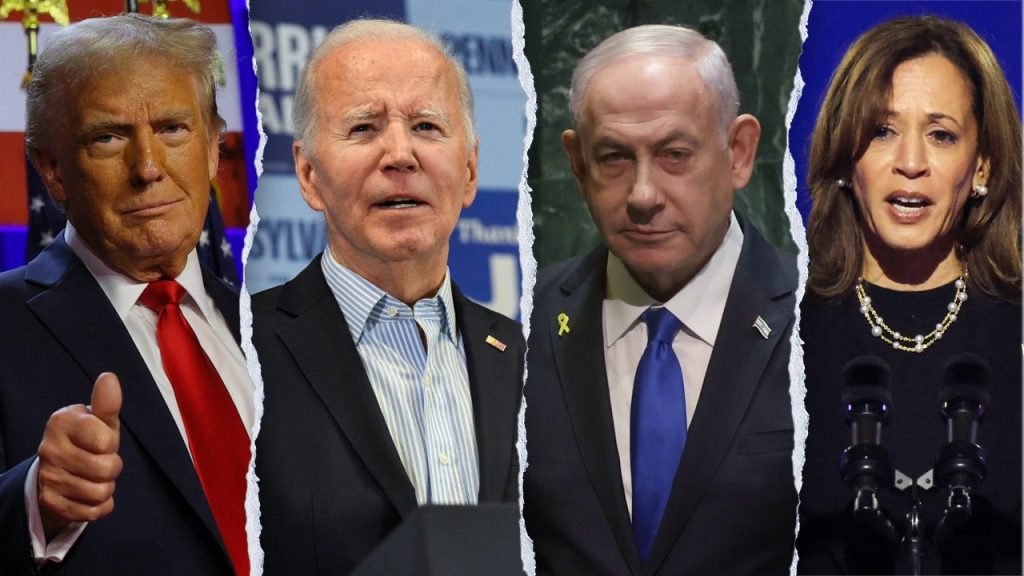President-elect Donald Trump’s victory is anticipated to bring potential changes to the U.S. Middle East policy and its impact on Israel’s fight against Iran-backed terrorist groups such as Hamas and Hezbollah. Experts believe that Trump’s policy of supporting allies like Israel could enable Prime Minister Netanyahu to pursue a strategy of victory over Iran and its proxies with U.S. diplomatic support. The goal is to achieve a post-war period of peace and stability in the region after defeating common enemies.
Criticism has been directed towards the Biden-Harris administration for their stance on Israel’s efforts against Hamas, which resulted in a significant number of casualties. The hope is that with Trump’s win, there could be an opportunity to create a coalition that addresses the threat of a nuclear Iran and dismantles the Shiite axis that endangers moderate states in the region. The expectation is for the U.S. to lead a military response that deals with Iran’s nuclear sites and potentially brings down the regime that supports terrorist groups like Hamas and Hezbollah.
Trump’s previous accomplishments in the Middle East, such as the Abraham Accords, have created opportunities for diplomatic relations between Israel and several Arab countries. Experts speculate that if Trump had been re-elected in 2020, he could have facilitated further peace agreements involving Saudi Arabia and Israel. The incoming administration is expected to focus on strengthening Israel while challenging Iran and China, potentially shifting away from the two-state solution for the Palestinian issue.
President Trump’s stance on Israel may clash with Turkish President Erdoğan’s support for Hamas, viewed as freedom fighters by Turkey. Trump has previously criticized Erdoğan’s increasingly authoritarian rule, leading to tensions between the two countries. Despite past tensions, Trump’s presidency had some positive outcomes, such as securing the release of an American pastor from Turkish custody. It remains to be seen whether Trump’s policy towards Turkey will continue in a similar vein or face challenges due to conflicting interests.
There are concerns among skeptics that Trump’s second term could involve pressuring Israel to prematurely end its military operations against Hamas in Gaza and Hezbollah in Lebanon. The appointment of an isolationist vice president and Trump’s approach to handling international conflicts could impact the way he navigates Middle East policy. While he may aim to focus on domestic issues, any escalation of conflicts in the Middle East could prompt interventions to manage crises while avoiding long-standing challenges in the region.
Overall, the impact of Trump’s second term on the Middle East region remains uncertain, with potential shifts in U.S. policy towards Israel and other key players like Iran, Turkey, and terrorist groups such as Hamas and Hezbollah. The focus will likely be on maintaining diplomatic and military support for allies, while also addressing regional threats to peace and stability. Trump’s approach to Middle East conflicts and his efforts to prevent international entanglements may shape the direction of U.S. policy in the region in the coming years.


